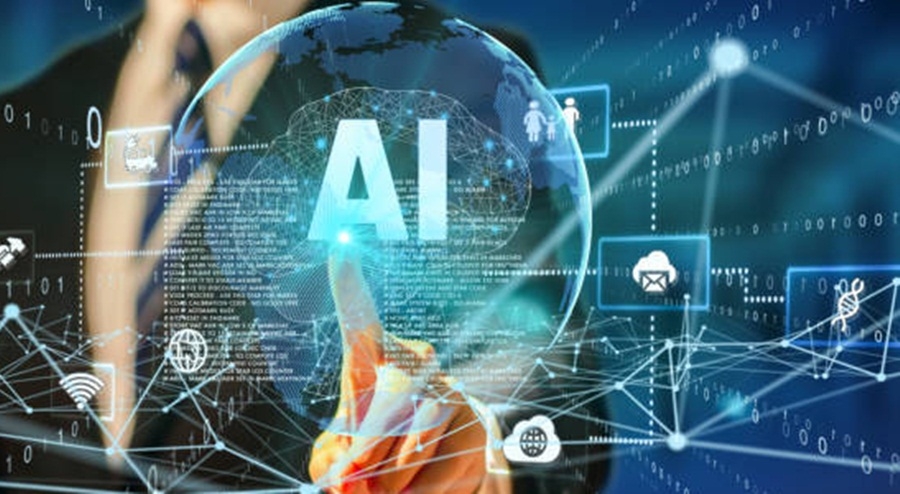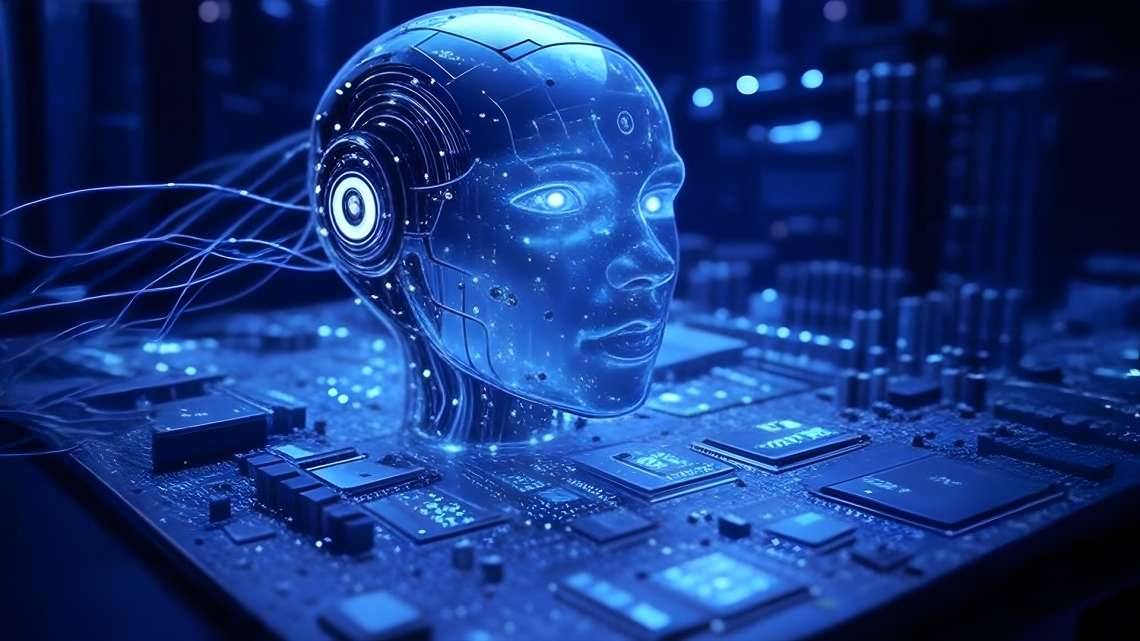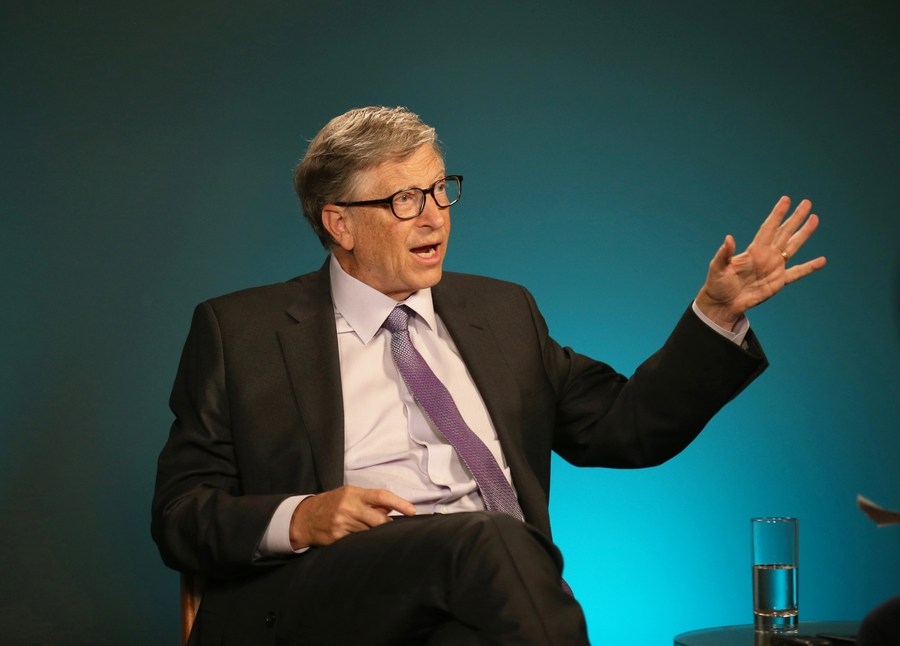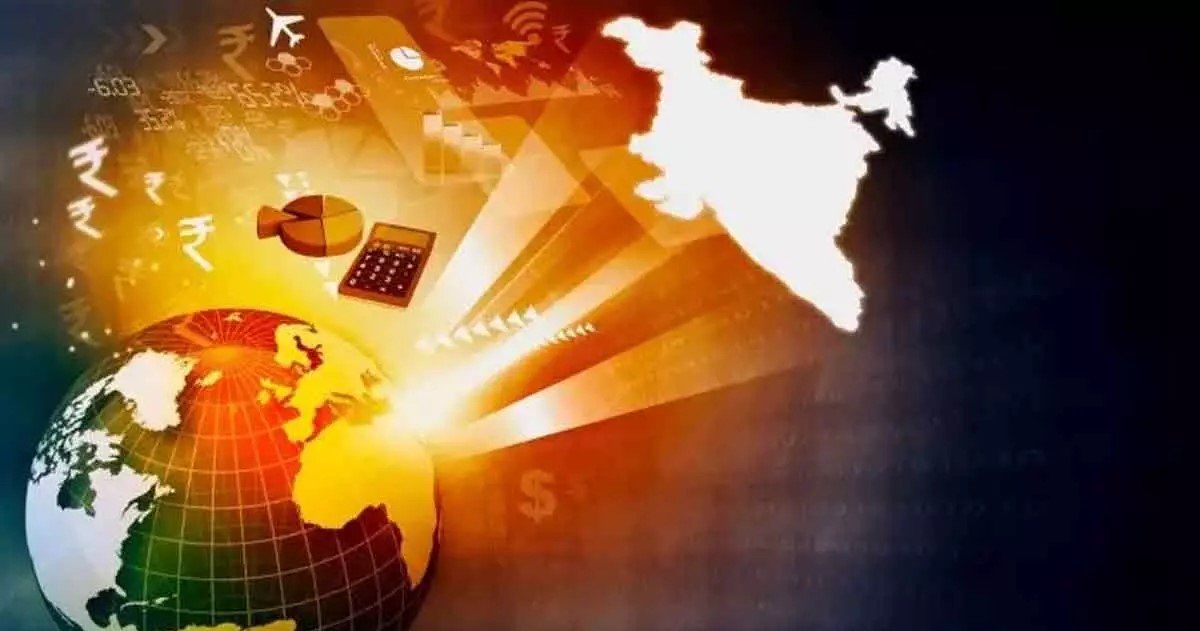Buffett shared a personal experience where he encountered an AI-generated image and voice capable of deceiving others by using his identity….reports Asian Lite News
Warren Buffett, renowned investor and chairman of Berkshire Hathaway, shared his concerns about the potential impact of generative AI (Artificial Intelligence) during the company’s annual meeting.
He said, “I don’t know anything about AI, but that doesn’t mean I deny its existence or importance or anything of the sort.”
Despite acknowledging the importance of technological advances, particularly in AI, Buffett admitted to having limited knowledge on the subject. He drew parallels between AI and the development of nuclear weapons, describing both as powerful entities that have been unleashed with uncertain consequences.
He said, “Last year I said that we let a genie out of the bottle, when we developed nuclear weapons and that genie has been doing some terrible things lately and the power of that genie is would you know scares the hell out of me and under that I don’t know way to get the genie back in the bottle and AI is somewhat similar. It’s out. It’s part way out of the bottle and it’s enormously important and it’s going to be done by somebody”.
Buffett shared a personal experience where he encountered an AI-generated image and voice capable of deceiving others by using his identity.

“I had one experience that does make me a little nervous and I’ll just explain it that very recently I saw an image in front of my eyes on the screen and it was me and it was my voice and wearing the kind of clothes I wear, and my wife or my daughter wouldn’t have been able to detect any difference and I was delivering a message that no way came from me so it when you think of the potential for scamming people if you can reproduce images that I can’t even tell,” he said.
Reflecting on historical events, Buffett drew comparisons between the decision to test nuclear weapons during World War II and the current advancement of AI technology.
He referenced the cautionary warnings of scientists like Edmund Teller, who raised concerns about the potential catastrophic consequences of nuclear testing. Similarly, Buffett expressed uncertainty about the long-term societal implications of AI, cautioning against its unchecked proliferation.
“I’m certainly not the person that can evaluate that and I probably wouldn’t have been the person that could have evaluated during World War Two whether we tested the 20000 ton bomb that we felt was absolutely necessary for the United States and would actually save lives in the long run. But where we also had Edmund Teller I think it was it was on a parallel with Einstein in terms of saying you may with this test ignite the atmosphere in such a way that civilization doesn’t continue and we decided to let the gene of the bottle and it accomplished the immediate objective but whether it’s going to change the future society we will find out later now,” said Buffett.
While acknowledging the potential benefits of AI, Buffett emphasized the need for careful consideration and evaluation of its impact on society. He stressed the importance of regulatory oversight and responsible use of AI technology to mitigate potential risks and ensure positive outcomes for humanity. (ANI)














